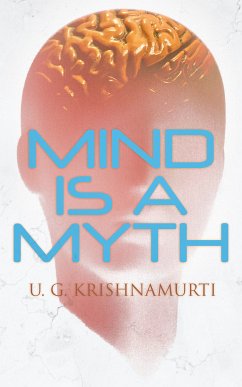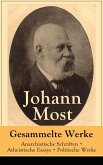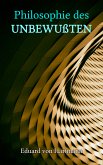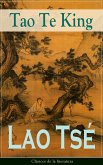"There is no such thing as your mind and my mind. There is only mind-the totality of all that has been known, felt, and experienced by man, handed down from generation to generation. We are all thinking and functioning in that "thought sphere", just as we all share the same atmosphere for breathing. The thoughts are there to function and communicate in this world sanely and intelligently."
Dieser Download kann aus rechtlichen Gründen nur mit Rechnungsadresse in A, B, BG, CY, CZ, D, DK, EW, E, FIN, F, GR, H, IRL, I, LT, L, LR, M, NL, PL, P, R, S, SLO, SK ausgeliefert werden.









